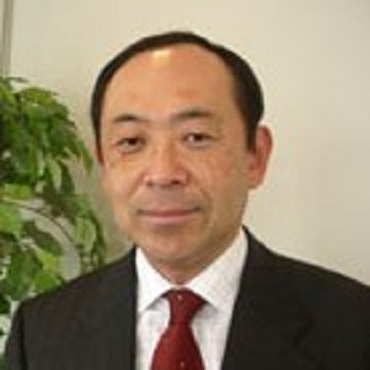Scientific Program

Kunio Yoshikawa
Tokyo Institute of Technology, Japan
Biography:
Dr. Kunio Yoshikawa was born in 1953 in Tokyo, Japan. He is a professor emeritus and researcher of Tokyo Institute of Technology and an associate editor of Applied Energy. His bachelor, master and doctor degrees were awarded from Tokyo Institute of Technology. His major fields are energy conversion, waste management and environmental engineering. He has been working in Tokyo Institute of Technology for more than 40 years as a research associate, an associate professor and a professor. He has published more than 200 journal papers with the major award of AIAA Best Paper Award, ASME James Harry Potter Gold Medal, JSME Environmental Technology Achievement Award and Best Educator Award of Tokyo Institute of Technology
Abstract
In Japan, 1000tons/day (1,000,000 populations) Waste-to-Energy (WTE) plants cost about 500 million US$, whose capital, maintenance and operation costs are mainly covered by the tax income. In China, 1000tons/day (1,000,000 populations) WTE plants cost about 70 million US$ by the private sector investment with the income of about 20US$/ton tipping fee (1/3 of the income) and that of selling the electricity (2/3 of the income), and the number of big WTE plants are rapidly increasing in major cities. But for small-to-medium scale cities, there are no solutions for MSW treatment other than landfilling. In many developing countries, the tipping fee is still very low or even zero, and there are not so strong incentive policies to promote installation of WTE plants, which make it difficult to improve the quality of the MSW management. This presentation proposes an economically feasible mass treatment process of MSW for developing countries based on the experience on 4000 tons/day MSW management in Egypt without tipping fee income. MSW will be first mechanically pre-separated into organics, the heavy fraction and the light fraction (mainly plastics). The light fraction will be sold as RDF and/or pyrolyzed into fuel oil, while the heavy fraction and organics will be converted into coal alternative fuel employing the hydrothermal treatment (HT). 50tons/day scale HT process for MSW are well demonstrated using one batch reactor. 50-300tons/day scale HT process for MSW are ready to implement using several batch reactors. In order to compete with the incineration process, we need to step forward to 300-1000tons/day scale, where mechanical pre-sorting of MSW is essential (already available for 500tons/day scale with the cost less than 1 million US$) and continuous-type HT reactors shall be developed for the non-slurry feed to avoid waste water treatment.
- Recycling Basics
- Rubber & Plastic Recycling Technology
- Agriculture & Food Waste Recycling
- Chemical & Industrial Waste Recycling
- Solid Waste Management
- E-Wastes Recycling and Management
- Effect of 3Rs on Climate Change
- Renewable Waste Management
- Waste to Energy
- Petrochemical and Oil Recycling
- Recycling Business

